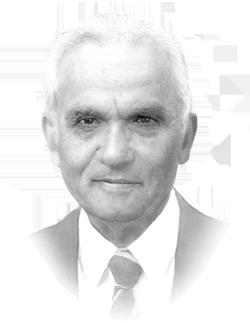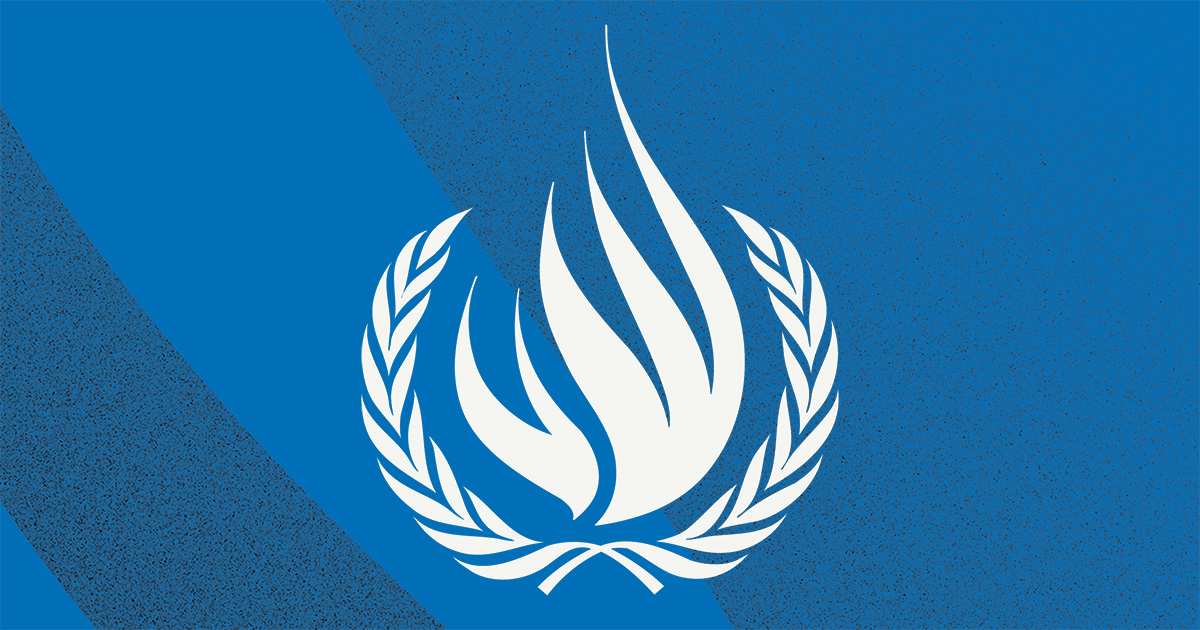
Israeli Prime Minister Benjamin Netanyahu introduced legislation restricting civil rights because some members of the ruling coalition have been pushing to amend the law to restrict the powers of the Israeli Supreme Court with a simple majority of 61 votes out of 120.
Throughout the years, the Israeli Supreme Court has extended its power and canceled 22 laws adopted by the Knesset, thus claiming superiority over the parliament. Now the Knesset seems to be trying to take revenge for this practice.
The law that the Netanyahu government has introduced has three facets: One restricts the powers of the Supreme Court to rule against the legislative and executive branches. The prime minister seems to be tired of the restrictions brought by the judiciary. In more sophisticated democracies, a qualified majority is required on sensitive issues. However, in the Knesset, a simple majority is regarded as sufficient to adopt a law on such delicate issues.
Second is a reform to remove the Supreme Court’s authority to review the legality of Israel’s basic laws that stand for the country’s constitution.
The third is meant to give the governing coalition extensive powers in appointing judges. This final power may have longer-term consequences because, once appointed, a judge will make the final verdict that will have lasting effects.
In Israel, the concept of the “reasonableness law” means the final decision lies with the court, not the executive branch. The Israeli High Court has broad jurisdiction. It applies a “reasonableness” standard that some right-wing parliamentarians consider expansive. In some cases, it also controls judicial appointments. The Netanyahu government aims to redress the balance that existed until the 1970s and 1980s, that is to say, weakening the courts.
One reason for this precarious situation is that Israel does not have a constitution. The deficiency in the protection of minority rights and civil liberties is covered by Israel’s declaration of independence. Checks and balances are not meticulously worked out as they are in many countries, including the US.
Following widespread demonstrations against Netanyahu’s attempt to carry out the legislative reforms, the prime minister decided to put the amendments on hold until May this year. But the efforts were renewed after parliament resumed its work.
Opposition leaders asked Netanyahu and President Isaac Herzog to immediately start negotiations under the auspices of the president’s office.
Another reaction came on July 24 from the American Jewish Committee, which issued a strong statement against the passage of what is called in Israel “the reasonableness standard law.” The AJC closely follows every political step taken in Israel. Its role is taken seriously in Israel because it is inspired by the American way of thinking. The centuries-old traditions of the US checks and balances are among the best examples of the legislative procedures in the world. Furthermore, the AJC would not easily miss anything that would be in favor of the Jewish people, be it in Israel or elsewhere in the world.
One reason for this precarious situation is that Israel does not have a constitution.
Yasar Yakis
Hundreds of influential American Jews spoke out against the occupation of the Palestinian territories, an issue they say is “the elephant in the room,” while more than 1,500 influential American Jews signed a document expressing opposition to Netanyahu’s policy. They said that Palestinians live under the regime of apartheid and claimed the Israeli leader’s initiatives are designed to save him from prosecution.
Two American billionaires, Arthur Dantchik and Jeffrey Yass, were major funders of the Kohelet Policy Forum think tank. Dantchik decided to stop donating, saying that Israeli society has become dangerously fragmented.
The Israeli electorate’s attitude regarding Palestinian citizens’ rights varies from one person to another. Fortunately, some influential political figures, including Herzog, have acknowledged this fragile balance.
The Israeli government, especially the extreme right, sometimes turns a deaf ear to what the international community or the Jewish American community say. Hundreds of thousands of Israelis took to the streets to oppose Netanyahu’s judicial reforms.
American Jews have adopted a different attitude to other opposition sections on the question of the Israeli Defense Forces. One section of the IDF believed that the Netanyahu reforms have to be pushed forward, while another was inclined to accept a compromise because of the increased threat to the homeland.
AJC supporters of the legislative reforms believe the amendments may be necessary in Israel, but should be implemented on the basis of the broadest possible consensus.
Another chapter is now added to the protests by American Jews, namely the occupation of the Palestinian territories by Israel. American Jews remember from time to time that Israel goes too far in restricting the fundamental rights and freedoms of the Palestinian people in the occupied territories. This becomes more evident when the right-wing parties are in power in Israel.
If the right wing in Israel comes to see more clearly that it is risking the future of the country, only then will Israel take the right path.
• Yasar Yakis is a former foreign minister of Turkiye and founding member of the ruling AK Party.
Twitter: @yakis_yasar
Disclaimer: Views expressed by writers in this section are their own and do not necessarily reflect Arab News" point of view












